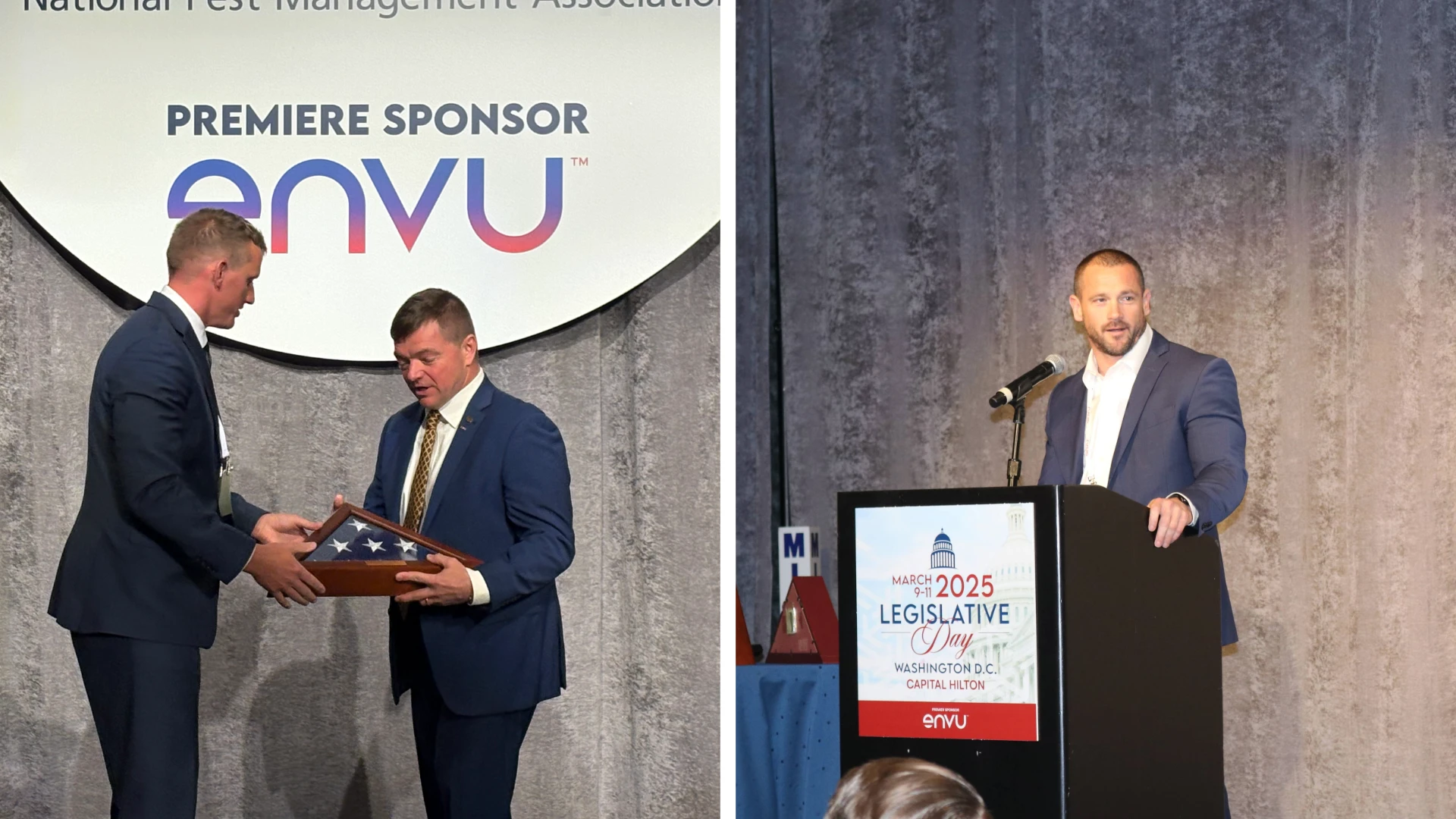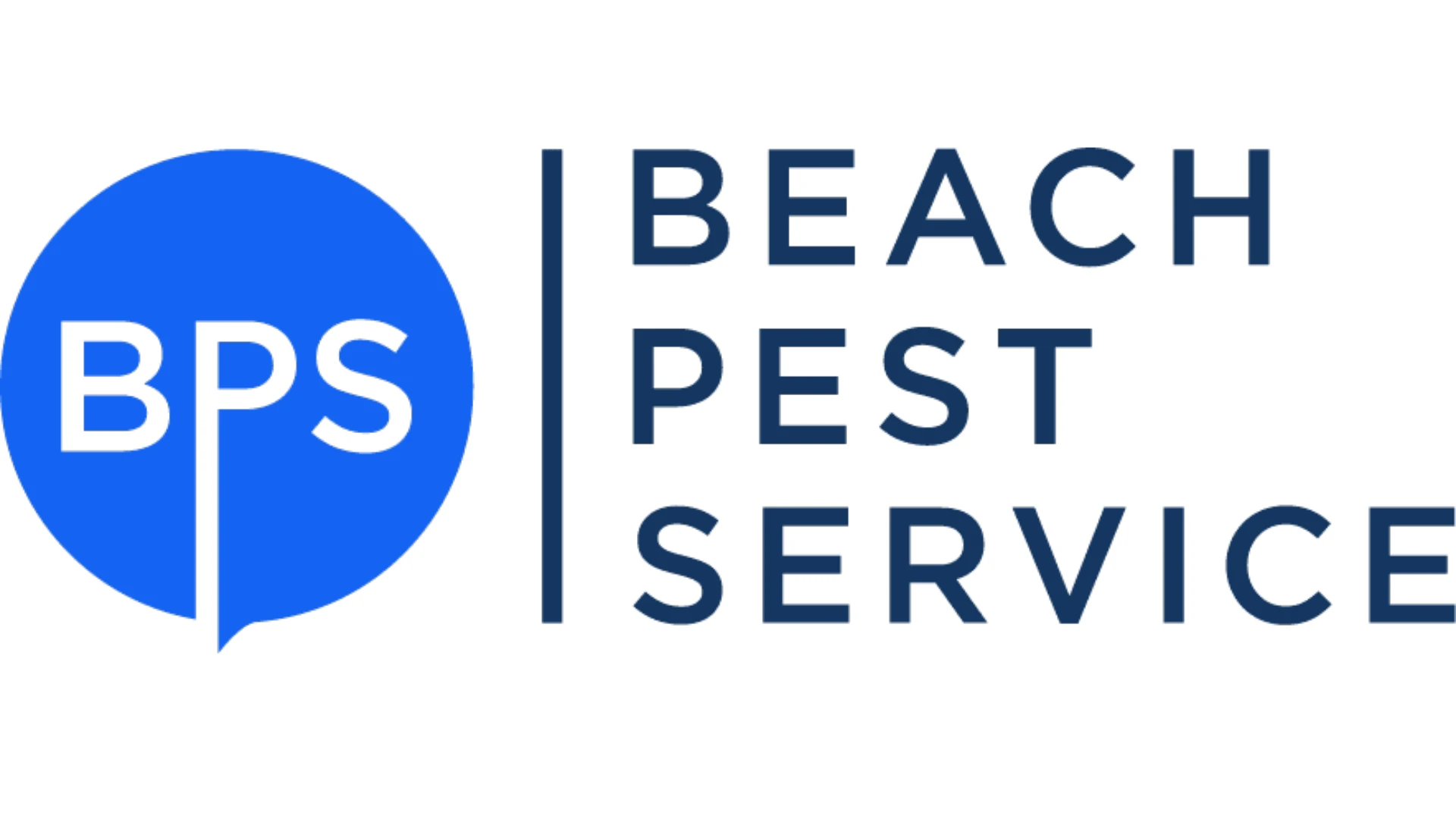Editor’s note: While the following article doesn’t represent typical PCO behavior, it’s a case study the industry could learn from — which could help save pest management professionals big dollars.
As with most professions, claims adjusters have good days and bad days. A good day for a claims adjuster is when he gets that judgment in court he was expecting after years of fighting unreasonable claimants and their equally unreasonable attorneys. Another good day is when the adjuster gets a claim on which everyone works together to reach the best resolution — whether it is paying for damages or simply having the insured pest management professional communicate better with their customer and being able to “close the file.”
Bad days obviously are when the adjuster gets a judgment against the insured pest management professional for an amount that is in excess of what was reasonable and fair. As the former vice president of risk management of LIPCA Insurance Agency and the person responsible for paying claims, one of the most aggravating positions I have been in as an adjuster is when the customer is upset by the treatment they received by their pest management professional (before the claim was filed). The following is a good example of how not to treat a customer.
LAYING THE GROUNDWORK. A pest management professional has had the home of a customer under a post-construction retreatment-only contract (no damage repair warranty) for more than 10 years. The home features pier and beam construction, has a very low clearance — below the minimum standards of 12 inches set by the state regulatory agency. The pest management professional has a well documented file, including a contract signed and dated by the current homeowner. The treatment graph had sufficient information of evidence due to termites in readily accessible areas. He even documented the low clearance area he was unable to crawl under. Most importantly, he had a waiver signed by the homeowner and approved by the regulatory agency stating that the area under the home could not be inspected or treated. This seems like a picture-perfect file, right?
The pest management professional put tremendous effort into documenting the file and training his employees to properly treat, but he neglected to improve communication skills with customers. In this case, the customer (later the “claimant”) was a “sweet little old lady” — no exaggeration. Seriously, she was as sweet as they come. She found “soft spots” in her floor, hired a contractor to open the area and discovered live termites. The termites and damage were in the waived area. She obviously was upset and called the pest management professional to come out and see the problem. So how does a reasonable pest management professional handle this situation?
This pest management professional insured goes out and inspects the damaged area and immediately tells his customer, “this is not my problem,” as the contract is retreatment-only and the area has a signed waiver. While this might be true, the real problem is the treatment of the customer. The pest management professional then states that after the damage is repaired, contact him and he will treat the (previously untreatable and waived) area. While attempting to leave, the customer (remember, she is a “sweet little old lady”) starts to complain, not about the damage repair, but about how she was being treated. The customer asked questions about the contract and waiver, but the pest management professional continued to leave without providing any type of substantive response. The pest management professional literally walked out of the house while the customer was in mid-sentence. I’ll save what the pest management professional told the customer that made her so upset for later in the article.
THE RESPONSE. Needless to say, the customer became angry. She called the regulatory agency for an inspection. The regulatory inspector, of course, verifies the termite treatment, contract and documentation (especially the waiver) of the pest management professional, and informs the customers that there was nothing the agency could do for her. The customer finally tracks down the pest management professional’s insurance company and eventually speaks to me. After a few minutes, it became obvious that I will need to visit her home and review the facts. Of course, I did not know everything about the pest management professional’s previous conversation with his customer when I arrived at her residence.
Within 15 minutes, the customer understood that she did not have a legitimate claim. I asked the customer if the pest management professional reviewed the contract, waiver and graph like we just had. She said, “Well, sort of...” I asked her if the regulatory inspector reviewed everything as well. She said, “Yes, he did.” Then I asked why she was still pursuing a claim. She said it was because of how she was treated and what the pest management professional said to her. I asked what the pest management professional said that was so upsetting. She said the pest management professional told her, “Lady, don’t you understand anything?” and, “You need psychiatric help.”
As you can imagine, my jaw hit the floor. Why would a professional say something like this? What purpose does it serve (especially to one of the sweetest little old ladies you would ever meet)? The customer actually fed me cookies (no, I’m not making this up). As a business owner, you work hard documenting your files, training your technicians and following the rules and regulations set by the state regulatory agency. But all of this is for naught if you (or your employees) do not know how to talk to your customers. In far too many instances, the root of the problem and the claim it generates require much time in calming down a pest management professional’s customer after they were treated rudely. That time and effort is only possible if we can speak to the customer before they speak to an attorney, of course.
If “people skills” — talking to a customer about a potential problem — is not one of your strengths, you should have someone that you can turn to for guidance, assistance, maybe just to vent. Don’t take out daily frustrations — missed sales, rising prices or traffic conditions — on your customer. Always remember that the courts regard the pest management professional as the professional in the business relationship. When your professionalism is breached, you lose more than just an argument, a claim or a lawsuit — you lose your reason to be in business.
The author is executive vice president and chief operating officer for LIPCA Insurance Agency, Baton Rouge, La. Visit www.lipca.com for additional information.

Explore the February 2008 Issue
Check out more from this issue and find your next story to read.
Latest from Pest Control Technology
- Understanding Rodents and Bird Flu
- Green Pest Solutions Awards Safest Driver New 2025 Ford F150
- UF/IFAS Sheds Light on Tiny Invaders During Termite Awareness Week
- Registration Open for Lawn & Landscape Technology Conference
- Fleetio Launches Automotive Service Excellence Scholarship
- WorkWave Appoints John Phelan as CTO
- PMPs Use Capitol Hill Visits to Push for Preemption
- 20 Trapping Tips





